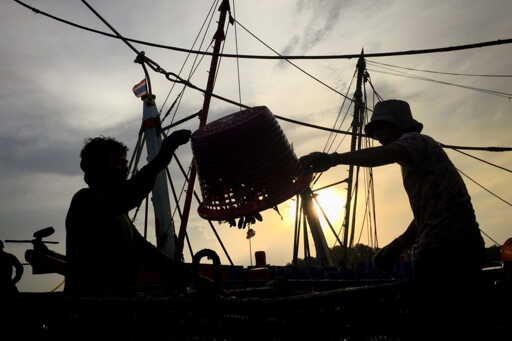A landmark global treaty to curb billions of dollars in government subsidies for overfishing took effect on Sept. 15, Mongabay contributor Elizabeth Fitt reported. The agreement marks the first time the World Trade Organization (WTO) has approved an environmental sustainability agreement in its 30-year history. The deal came into effect after Brazil, Kenya, Tonga and Vietnam ratified it, bringing the total number of accepting countries to 111, the two-thirds majority needed among the WTO’s 166 members. Governments worldwide channel an estimated $35 billion toward the fishing sector, but a 2019 study showed that $22 billion of that, or 63%, supports harmful practices. The treaty, known as Fish One, bans subsidies for illegal, unreported and unregulated (IUU) fishing as well as fishing of already overfished stocks. It also prohibits subsidies for fishing in international waters, also known as the high seas. “There are weaknesses and gaps, and there’s still work to be done, but this is the start of the WTO trying to have a positive impact on environmental sustainability,” Daniel Skerritt, senior analyst at the U.S. marine conservation nonprofit Oceana, told Fitt. Fish Two, the more challenging second part of the treaty, remains under negotiation with another four years to reach an agreement. The treaty was split into two after countries stalled over disagreements on subsidies that expand fishing fleets, which could eventually lead to overfishing. Representatives from Kenya, Brazil, Vietnam and Tonga after submitting their instruments of acceptance on Sept. 15 at a WTO meeting in Geneva. Image courtesy…This article was originally published on Mongabay
From Conservation news via this RSS feed
Governments worldwide channel an estimated $35 billion toward the fishing sector, but a 2019 study showed that $22 billion of that, or 63%, supports harmful practices.
Um… I’m pretty sure that 100% of fishing is harmful to the fish.


